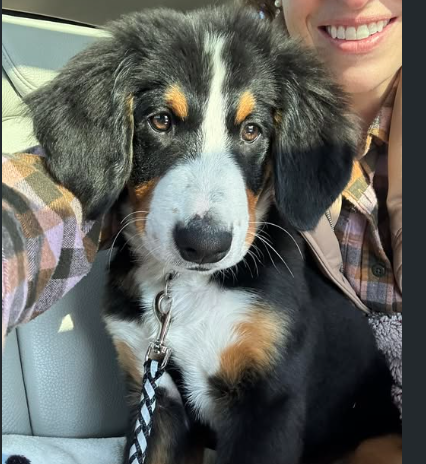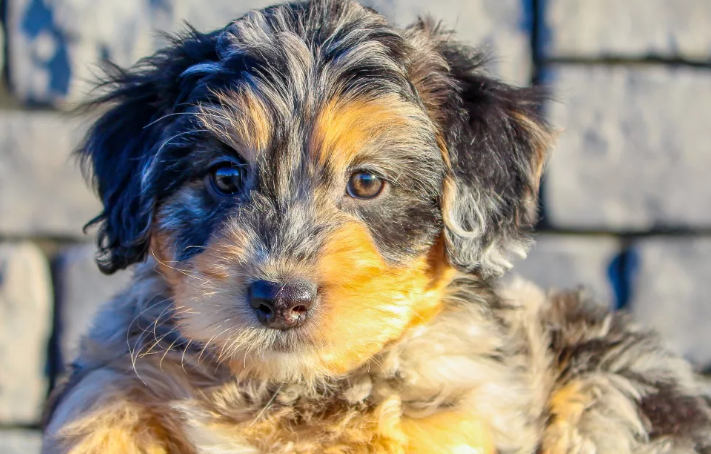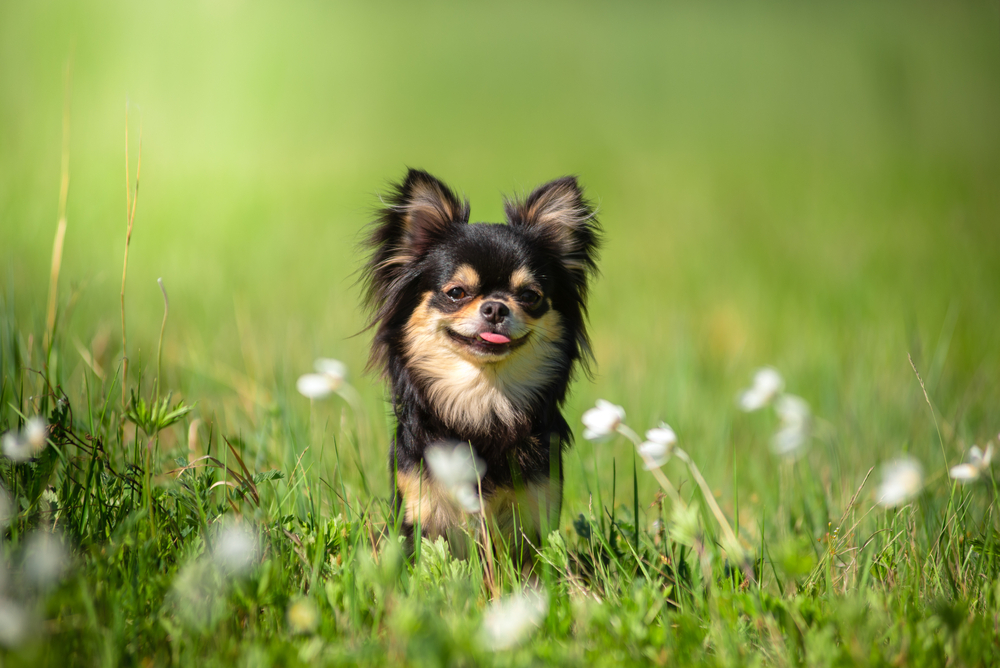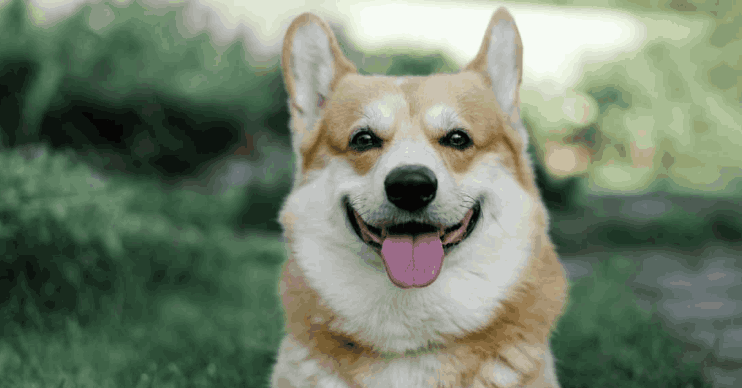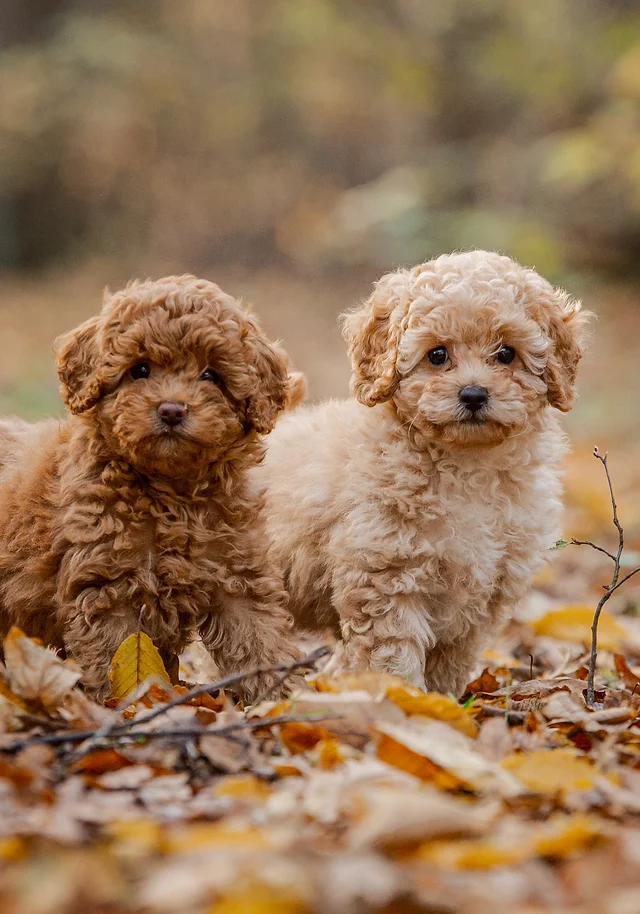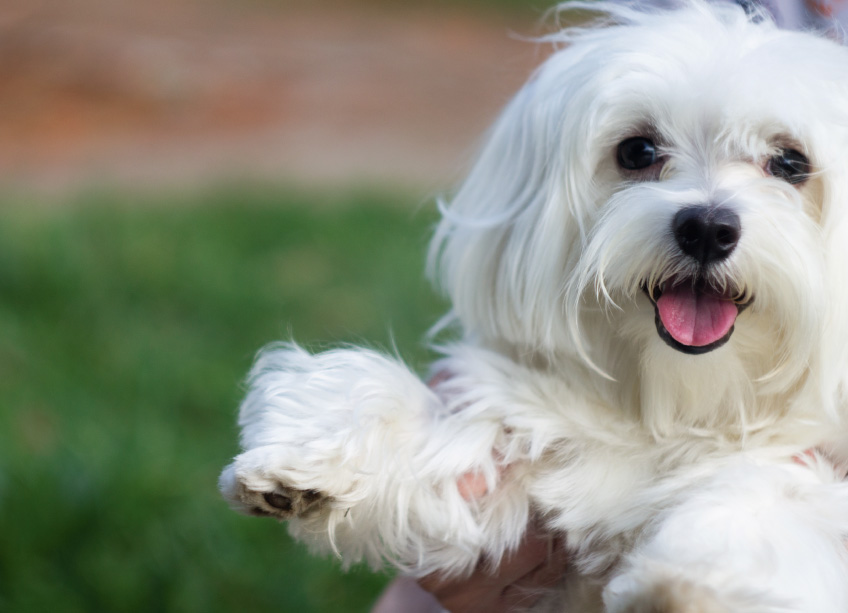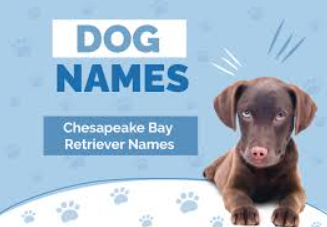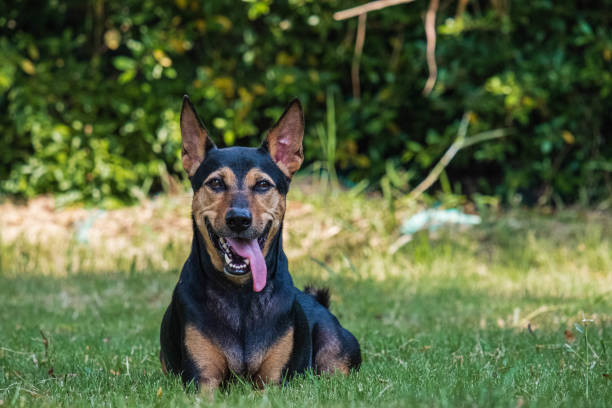Chihuahua Rescue Gulfport
Chihuahua Rescue Gulfport: These little dogs have huge personalities. with Chihuahua rescue in Gulfport, a dog is rescued while adding that life to the family of a dog. In all this, everything in rescue work will be considered-right from adoption to fostering to volunteer work. Why rescues Are Important Rescue organizations save Chihuahuas from adverse situations. These dogs usually land themselves in such situations due to neglect, abandonment, or over-breeding. Rescues make sure they are treated with care and love. Overpopulation: Chihuahuas have a high number of counts in shelters due to backyard breeding. Neglect Cases: There are owners who fail to give proper care to such delicate dogs. Special Needs: Many rescued Chihuahuas require medical care or behavioral training. It is part of a bigger movement to protect and rehabilitate these small but fierce dogs. Chihuahua Rescue Organizations in Gulfport The right organization makes all the difference for a successful adoption. Gulfport has many reputable rescue groups focused on Chihuahuas or small dogs. Gulfport Small Dog Rescue Rescue small breeds, such as Chihuahuas Medical care and spaying/neutering services Chihuahua-Specific Shelters Some are only Chihuahua shelters, so they have dedicated time for them General Animal Shelters Procedure to Adopt Research: Learn about the breed and their needs. Apply: Fill out an application with a rescue organization. 3. Meet-and-Greet: Spend time with the dog to see if your personalities match. Necessities Dog Bed: Chihuahuas love cozy spaces. Food and Water Bowls: Their small size requires shallow bowls. Harness and Leash: Proper fit is very important for their tiny frames. Toys: Look for chew toys and interactive games. Safety Tips Secure all small spaces where they might hide. Remove toxic plants and chemicals. Common Behavioral Traits Shy or Nervous: They may take time to trust humans again. Affectionate: Once comfortable, they often become loyal companions. Protective: Their small size doesn’t hinder them from being vigilant watchdogs. Feature Chihuahua Rescue Buying from a Breeder Cost Lower adoption fees Higher cost Availability Wide variety of Chihuahuas Limited selection Ethical Considerations Helps reduce overpopulation May support puppy mills or unethical breeding practices Health Background Rescued dogs are usually vetted Puppies may come with health guarantees Emotional Reward Provides the satisfaction of saving a life Offers the joy of raising a puppy Tips for Socialization Slowly expose them to new environments and people. Reward them positively as this boosts their confidence. Psychological Benefits You feel satisfaction in saving a life. You receive a faithful, loving friend. Many adopted dogs are so grateful to their new owners. Concrete Advantages Chihuahua rescue dogs are frequently house-trained. Adopting is cheaper than buying from breeders. You’re contributing to animal welfare responsibly. Feature Chihuahua Pomeranian Yorkshire Terrier Dachshund Shih Tzu Size 4–6 pounds, very small and compact. 3–7 pounds, fluffy and petite. 4–7 pounds, slender and elegant. 11–16 pounds, slightly larger but compact. 9–16 pounds, small but sturdy build. Energy Level High energy, loves short bursts of activity. Moderate, enjoys play and calm moments. High, playful but enjoys cuddling too. Moderate, loves digging and chasing. Low to moderate, prefers relaxed activities. Grooming Needs Minimal for short-haired; moderate for long-haired. High, requires regular brushing. Moderate, silky coats need care. Moderate, smooth or long coats require attention. High, daily brushing is essential. Temperament Loyal, bold, and sometimes wary of strangers. Outgoing, friendly, and affectionate. Confident, curious, and affectionate. Playful, stubborn, and courageous. Sweet, affectionate, and great with families. Serving at Chihuahua Rescue Centers in Gulfport If adoption isn’t possible, consider volunteering to make a difference in a dog’s life. Ways to Help Fundraising: Help raise money for medical care and shelter supplies. Event Assistance: Participate in adoption events and community outreach. Benefits of Volunteering Develops skills in animal care and training. Connects with another animal enthusiast. Gives a feeling of giving for a good cause. Helping Chihuahua Rescue Organizations Through Financial Support Chihuahua rescue organizations depend on donations in order to continue their work. How to Help Single Donations: Every cent counts. Recurring Sponsorships: Helps a specific dog or program. Supplies: Food, toys and bedding. Most donations to registered nonprofits are tax-deductible, making it easier to contribute generously. Behavioral Problems Separation Anxiety: Rescued dogs might not like being left alone. Fear Aggression: They tend to become defensive due to past traumas. Solutions Professional trainer for serious problems. Build their confidence by having a routine. Provide a safe and loving environment. Assist with basic training and socialization. End Attend adoption events to help find the dog a permanent home. Advantages of Fostering You can enjoy the feeling of a dog’s care. It’s a flexible option for animal enthusiasts. Social Media Campaigns Share posts about adoptable dogs. Use hashtags like #ChihuahuaRescueGulfport. Community Events Organize adoption drives. Host fundraisers to support rescue efforts. Collaborate with local businesses Pet-Friendly Amenities There are various experienced veterinarians and trainers who can help. An animal-loving community. Actionable Steps Research local rescue groups and their requirement s. Visit an adoption event to meet available Chihuahuas. Spread the word about rescue opportunities. Supporting Chihuahua rescue in Gulfport gives these little dogs a big chance at a better life. FAQ’S: What is the cost of adopting a Chihuahua in Gulfport? Adoption fees typically range from 100 to 300 dollars and include basic vet care. Are rescue Chihuahuas good with children? Many Chihuahuas adapt well to kids, but some may need careful introductions based on their past. Can I foster a Chihuahua instead of adopting? Yes, fostering is a great way to provide temporary care and help a dog find a permanent home. What should I prepare before adopting a Chihuahua? You’ll need a cozy bed, food, water bowls, a harness, and toys to ensure they feel comfortable. How do I find Chihuahua rescues in Gulfport? Search online for local shelters, visit adoption events, or check social media for rescue organizations. Learn more about Maltese rescue


